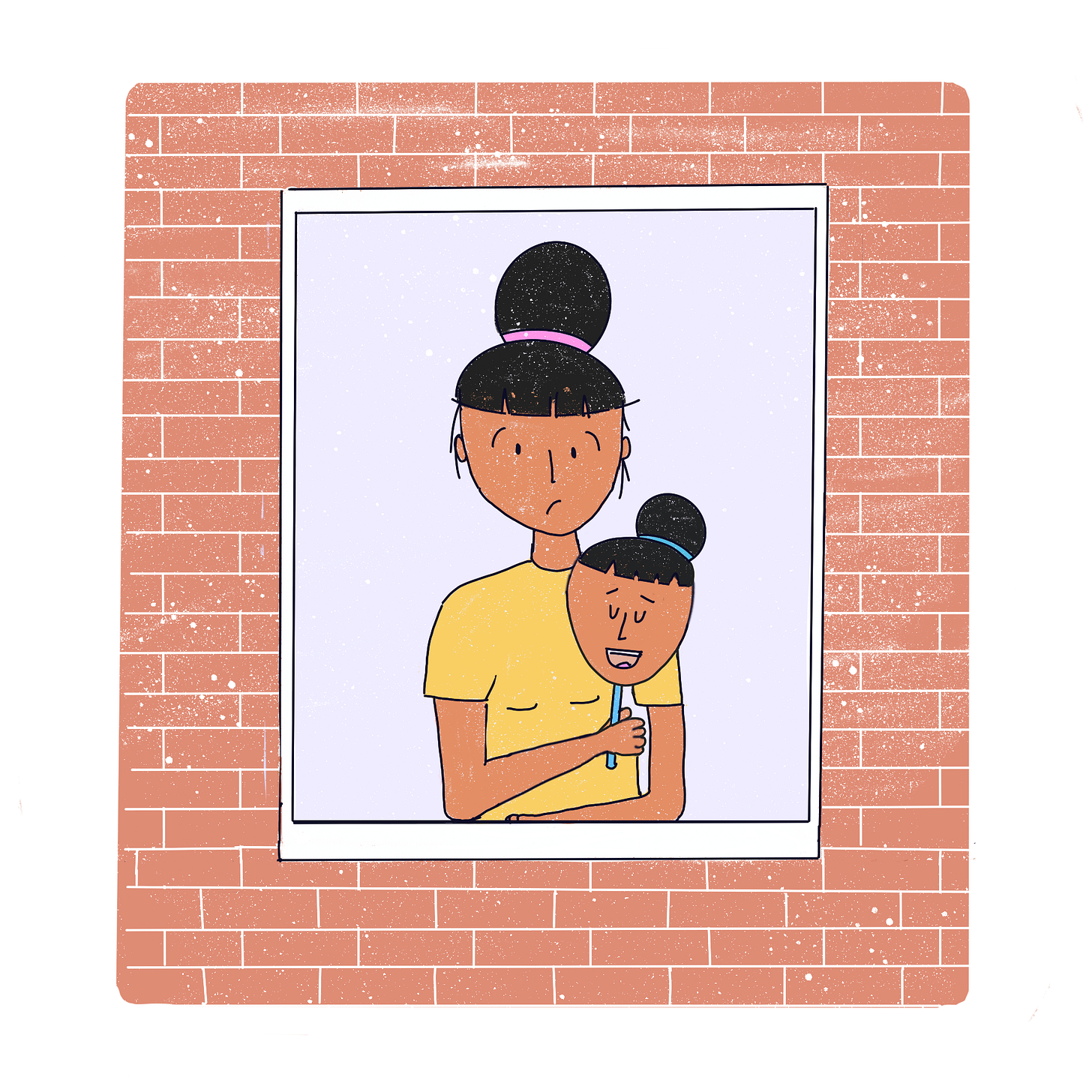This is my first fully-remote job. It’s been 1.5 years. The job came with a nice laptop, but so much was gone.
The first 3 months were hard - second-guessing myself and feeling isolated. Add a pinch of FOMO too. There were no coffee breaks, or turning around in my office chair and asking someone, “How was your weekend?” It was just me typing, “yesss, let’s ship it 🚀” in a Slack thread, sitting back, and in silence, listening to the patter of Dutch rain in my office.
And to think, this is what I wanted! A remote gig sounded great - flexibility to travel, life in the best city, a company with solid ethos, and a futuristic way of work. (More on that here.)
But all of it got way better over time. It took months and many adjustments to fully embrace and love a remote setup. Here’s what made it easier.
Dropping the image of perfection
I used to assume, “Putting up a polished, composed front makes me the ideal teammate.” Until I fell apart, I managed this image very well.
But in a remote team, your online persona stops at 6pm and emerges at 10 am. The default is polished and perfect. That’s how you get several hundred “put-together” employees chatting diligently about MVPs and shipping plans on Slack.
Staying a stranger didn’t help me build relationships with others.
They weren’t seeing me every day at work with frazzled hair or huffing past them to a meeting. They saw a woman unknown outside her Figma deliverables. She does her work, writes concise posts, and does the job. They could switch Aiswarya with any other reliable designer, and the world will move on.
It took me almost a year to understand this dynamic.
So after one particularly challenging feedback session where a teammate told me to relax, enjoy my work a little more, and take the intensity down a notch, it hit me hard. I wasn’t this stand-offish, perfectionist designer in real life - why do others feel it?
I began sharing more honestly and openly.
Having it all together didn’t help me build meaningful relationships. I started with baby steps, promising to be natural and true to who I am.
In one instance, I pointed out my discomfort with the lack of a team strategy and metrics. I was letting our features get bulky and forever to ship. I could feel the lethargy in the team - did anyone else notice it too? Another time, I spoke honestly about the personal struggle of living in a foreign country and lacking a support system; English was a second language in this continent. Recently, I had a hard time recruiting for a role. I told the team about my dead-ends and asked for help.
All of these things showed that I don’t have it together. But they made my life better.
Soon others shared their challenges too.
Each of us is sitting in a home office, in a different city, meeting once in a few months. When we face similar struggles, it’s very easy to conclude it’s just me. But probably not. Feelings arise when patterns repeat. By talking about it, I noticed how often the same themes emerge. I got confidence to bring things to the table.
In these conversations, what started as an awkward dialogue became valuable for that very silence. Like an invisible blanket of safety and trust. I became more myself, talking to the person, not a screen.
I think the other person feels this too. They are in a space of trust and can give a new perspective or share their feelings. Nowadays, I leave many virtual coffees feeling seen.
Observation is the best teacher.
By being more vigilant of what’s holding me back, I notice how others handle similar situations.
In the instance when I was concerned about the team’s speed, I was scared to demotivate others. I kept the feelings to myself and wished for change. A few weeks later, my teammate handled a similar matter with a matter-of-fact approach. No feelings, no personal attacks. “Here’s what’s holding us back, let’s fix it.”
I loved her approach. She used it as an opportunity for team reflection and challenged us. She didn’t just tell a friend about the issue, she went to the team and asked us to look inward. Turns out, we echoed her thoughts.
Being honest with myself has made me more observant of others. I love to ask them about it. “Hey, I loved how you handled this situation. What made you do it that way? What past experience taught you that?” I’m able to appreciate, praise, and learn.
—
P.S., Meeting in person makes life 100 times easier.
Meeting in person puts a face (and a height!) to the voice. It helps me assume positive intent and become friends with my colleagues. In a remote job, support (monetary or other) to meet in real life is so important and overlooked. I encourage anyone to ask for that support.
There are no number of virtual coffees that compensate for standing line at the cafe together.


